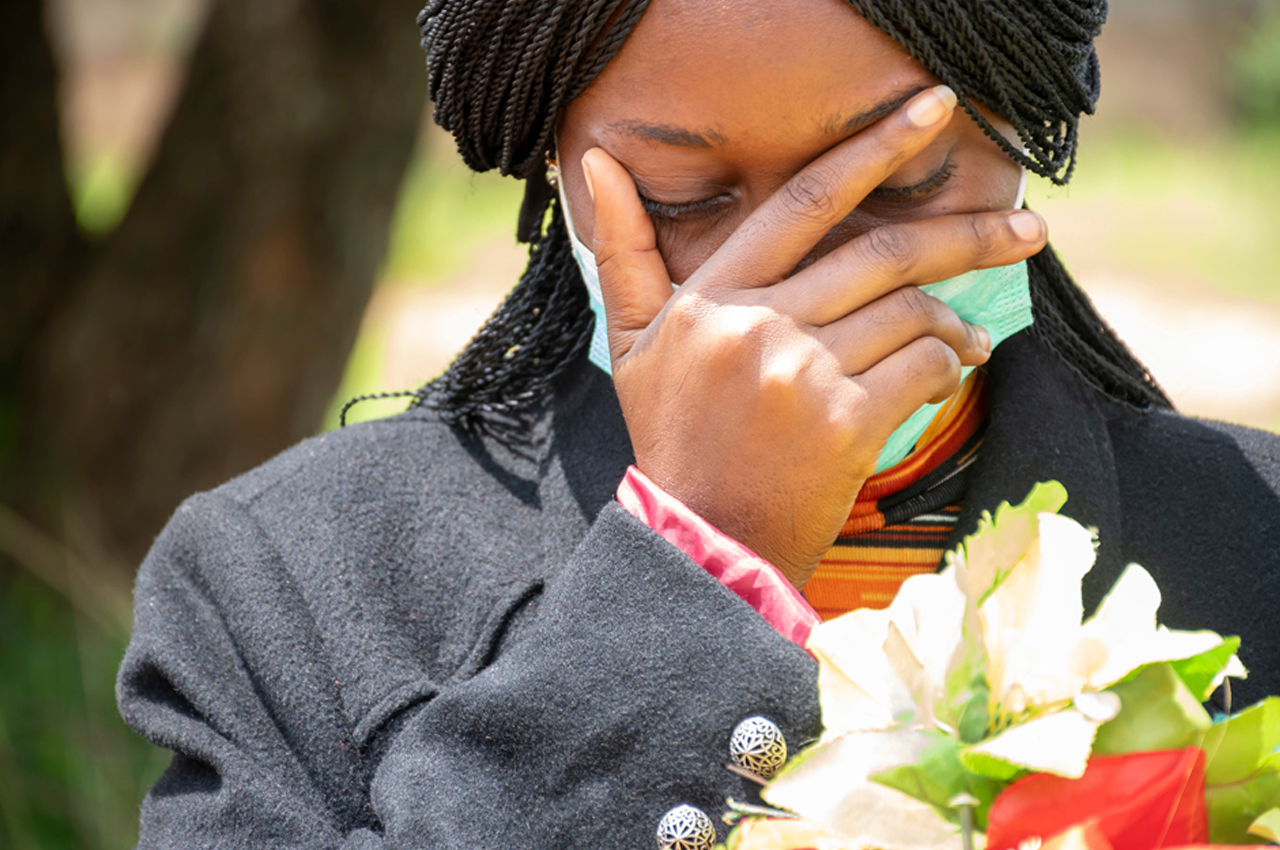It’s a sad fact that too many South Africans are taking their own lives, leaving behind devastated loved ones. World Suicide Prevention Day on 10 September aims to shed a light on this tragic situation and help those in the depths of despair. Of special concern is also those friends and family struggling to survive the aftermath of a suicide. They typically don’t know how to even begin coming to terms with the grief of losing a loved one who simply could not go on living anymore.
Researchers have found that suicide leaves behind a particularly complex and devastating form of grief. The normal emotions of grief, like loss, sorrow and loneliness can be magnified by feelings of guilt, confusion, rejection, shame, anger and the effects of stigma and trauma.
While it is impossible to tackle a subject of such enormity in one article, these pointers will help you take the first steps towards healing.
Allow yourself to feel
Grief is not a single defined manageable experience. It can be an unceasing river with eddies and whirlpools, with many stages which every person experiences differently. There is no ‘right’ way to grieve. One thing though is certain: you cannot go around it – the only way out is through.
Acknowledge the emotions and allow yourself to feel whatever you’re feeling, without self-censorship, without worrying that you’re doing it ‘wrong’, without rushing and without judgement. Along with the sadness and shock, you may also feel anger, rejection, guilt, confusion, numbness, or, in some cases, even relief. Set aside a time – when you can just let yourself mourn fully, however that works for you.
Reach out
Grief following the suicide of a loved one is deeply complex. It may be surrounded by stigma and can be isolating. Meeting with others who are dealing with similar pain may be helpful. So, seek out understanding, non-judgmental friends and family; a religious leader or a bereavement support group.
Walk away from ‘why’
The one word that may reverberate in your mind like a never-ending echo is ‘why?’ It is important to understand that you may never have a complete answer to this question. There are many reasons why people consider this tragic course of action. They may be wanting to escape their own hurt, from which they saw no other way out. None of us can fully understand what happens in other people’s minds. Even if you did, it wouldn’t change what happened. If you’re struggling, therapy may help you to gain insight and acceptance.
Turn the ‘what if’ into ‘I did’
What if I’d phoned more often? What if I’d made more time for them? What if I’d texted back? What if I hadn’t shouted at them? What if I’d seen the red flags? These endless thoughts and questions of guilt and regret are normal after a death by suicide, but they will disturb your peace of mind. Try refocusing on the positive things you did do, from small moments like wishing them a happy birthday, to bigger ones like taking them to the doctor or having lunch together. Ultimately, know that you did the best you could with what you knew at the time.
Take care of yourself
When you’re in the depths of such grief, it might feel that considering self-care, or having hope for the future, could appear disrespectful. We may even feel it’s somehow disloyal; however being kind to yourself is crucial. Those grieving suicide bereavement can risk developing depression, post-traumatic stress, and even feel suicidal themselves. So, make your bed, eat, rest, exercise, wash, get dressed, and be gentle with yourself. You may want to enlist the help of a friend. By taking care of yourself you maintain the strength to carry on and work towards a brighter future.
Healing from such a tragic loss takes time – you are likely to continue feeling some sadness and longing for the person you lost. But don’t be afraid to let go of the pain – your loved one’s memory does not live on in your grief. You can move on from the pain, not from the person. With healing comes the ability to carry their light in your heart forever, and to look to the future with hope.
Visit the South African Depression and Anxiety Group (SADAG) website at https://www.sadag.org/ for more information and support. There is hope!
Remember that you can also contact your employee wellness programme to get FREE professional and confidential counselling.
References
- International Association for Suicide Prevention
- South African Depression and Anxiety Group



